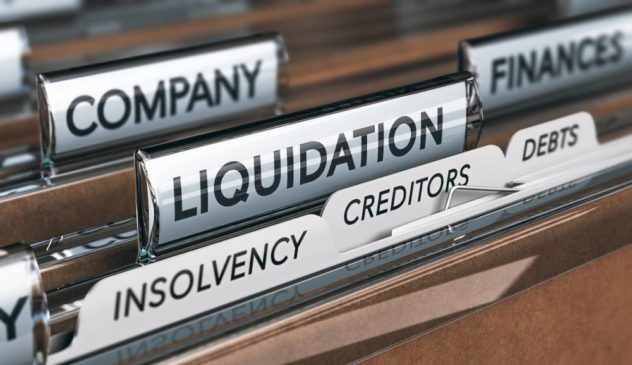

Senior Associate: Cliffe Decker Hofmeyer
The current economic climate has no doubt led to many shareholders or directors meetings in which shareholders and directors are at a crossroad. Should the company continue as is, downscale, or go into business rescue or liquidation.
Similarly, creditors are considering pulling the trigger by launching a liquidation application against that recalcitrant debtor. Before choosing liquidation, one should be aware of the consequences.
Ceasing powers
First, the powers of directors cease once the company goes into liquidation. The liquidator steps into the directors’ shoes, and the directors have no legal power to represent the company. The company’s suppliers and service providers must deal with the liquidator – not the directors.
Customers and debtors must speak to the liquidator regarding any outstanding payments, contracts and deliveries.
No sale
Second, assets of the company may not be sold or transferred without the permission of the liquidator. Once the company goes into liquidation, “the hand of the law is laid upon the estate” of the company. All the company’s cash must be transferred into an estate bank account, which is opened and managed by the liquidator.
The financial director may not select suppliers to be quickly paid before a liquidator is appointed. Such payments would be unlawful.

Photo By: Unsplash
No continuation
Third, the business operations may not continue except to the extent that it is necessary for the beneficial winding up of the company. This is a decision that is made by the liquidator, having regard to the interests of all creditors of the company (as opposed to the interests of shareholders). This may entail the liquidator conducting a commercial assessment of the company and its business operations, and deciding to shut down some or all of the company’s operations.
Importantly, even though the company remains the owner of its assets, the custody and control of those assets vest in the Master of the High Court and then later in the liquidator. This applies regardless of the prestige, or commercial or sentimental value of an asset.
Case law
In the case of the South African Reserve Bank v Leathern (854/2020) [2021] ZA (SCA) 102 (20 July 2021), the Supreme Court of Appeal emphasised the principle that it is only those assets which belong to the company which vest in the liquidator. Assets which may be in the possession of the company but belonging to a third party, or assets in respect of which the company has control but which do not belong to the company, do not vest in the liquidator.
Practically, one of the first things that liquidators do upon assuming office is to immediately take control of all assets of the company. If the assets are situated in different parts of the country, a prudent liquidator will authorise an individual or two to travel to where the assets are situated to take control of them. If necessary, the assets may be placed in storage pending a sale on auction or by private treaty.
Be aware
Regardless of the commercial rationale behind a decision to place a company in liquidation, creditors, shareholders and directors must be aware of the consequences.
The liquidator, not the directors, is in control and makes decisions in relation to almost every aspect of the company – having regard to what is in the interests of all creditors – not the liquidating creditor.
Lerothodi Mohale is a Senior Associate at Cliffe Decker Hofmeyer




